Approximately 30,000 children a year need foster care as a result of neglect, abuse, family illness or breakdown.
We match the needs of children with the skills, experience and family dynamics of our foster parents.
Children and young people can come into care at any age, from birth to 18 years and can stay with foster parents until they have finished their education.
There are many reasons for children being taken into foster care. Most children come into care as a result of neglect which can be physical or emotional. But many other reasons can mean children are in need of safe caring families including, family breakdown including domestic violence, having been a victim of physical or sexual abuse, family illness and in some exceptional cases because of a death of a parent.
Every child is an individual and will have had different experiences which have led them to needing foster care. However, all foster children will have experienced loss, as a result of leaving their homes, and are highly likely to miss their birth family, regardless of the circumstances that have led them to need foster care.
Challenging behaviour
All children have moments when they lash out in anger by swearing, shouting, throwing or kicking objects.
There are times when the aggression can seem daunting and out of control; whether it’s to foster parents, other family members or outside the home.
However, as a foster parent it’s about understanding that for many of our children they will have experienced some form of severe neglect, trauma and/or abusive situations. Their behaviour may be through a result of fear of the unknown.
Many of our children don’t know how to respond to consistency, boundaries, or a safe and loving home and will often revert to acting out to recreate the feeling of chaos, anger and the unpredictability that is often very familiar for them. But don’t worry, our therapeutic approach and our outstanding support are on hand to help you through any challenges.
As a foster parent, we’ll train you to be able to separate the children from their behaviour and looking at the antecedent.
Some children’s behaviour may be triggered by memories, smells or familiar places, which can seem like it’s come out of the blue.
It’s important to try and set some time aside for our children to find out why they’re struggling. It may not be easy for them to open up straight away and you may have to keep approaching them gently until they open up. We understand that this might not come naturally, which is why we’ll help you every step of the way.
When children have experienced such trauma in their young lives, it’s natural and acceptable to feel angry and upset. We all do at times, but often children haven’t got the same skills as adults to regulate their emotions. It can also take time for children to open up to their foster parents too, as they need to get to know them and trust them first. Trust can be hard for our young people, as they often haven’t had the best experiences from adults with their trust.
You can’t wave a magic wand and vanish away a child’s unhappy feelings, but what you can do, with our support and the use of our PACE therapeutic approach, is to support them through this and help them learn how to manage what they do about them.
Remember a child is always so much more than just their behaviour.
Every foster child is an individual, that’s why we offer various kinds of fostering placements.
The types of fostering you offer will depend on your personal preferences and circumstances, but many of our foster parents are approved to offer more than one type of placement.
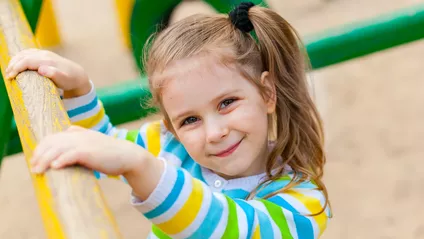
Short term fostering
Short-term fostering involves caring for a child or young person on a temporary basis for a few days, weeks, months or even a couple of years
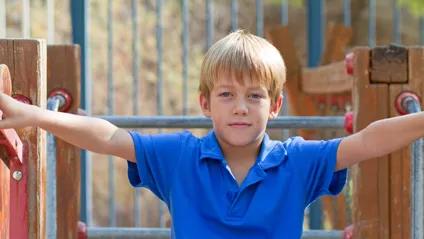
Long-term fostering
Long-term fostering or permanence fostering involves looking after a child or young person on a permanent basis until they reach adulthood and are ready to live independently.
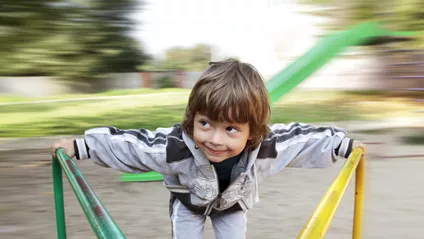
Emergency fostering
For a variety of reasons, children can need foster care in an emergency, where there is no time for introductions prior to a child coming to live with a foster family.
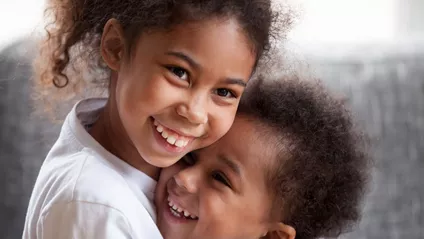
Fostering siblings
We are committed to keeping siblings together wherever possible. Can you provide a home for two or more brothers or sisters?
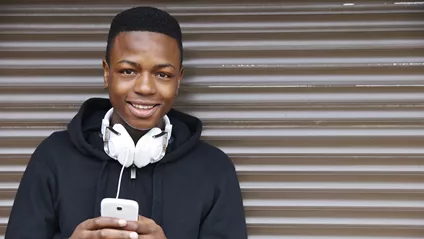
Fostering teenagers
Fostering teenagers can be much easier and a lot more fun, than you may think.

Parent and child
For different reasons, mothers and babies may need assistance and support from foster parents.

Sanctuary seeking fostering
Sanctuary seeking fostering involves caring for a young asylum seeker, who has been separated from their family and is either alone in the UK or with their siblings.

Step down fostering
Step-down fostering is specialist placements that enable young people to make the transition from living in institutional settings, such as a children’s home, to a family environment.

Respite fostering
Respite fostering is looking after a young person whilst the regular fostering family take a break.

Disability fostering
Fostering People offers its own specialist disability service.

Mockingbird fostering
We are proud to be one of the very first independent agencies to have our own Mockingbird constellation.
How do we match children to families?
Matching children’s needs with the right family is essential to us at Fostering People. By carefully matching we can ensure children achieve the best possible outcomes by doing everything we can to ensure every child is placed in the best family to suit them.
When we are trying to find a suitable family for a child, we look at:
-
Age
The age, number of children and placement type a family is approved for.
-
Bedroom capacity
We look at bedroom capacity, when finding a family home for siblings.
-
Geography
We look at where the foster family live to ensure they can facilitate school, family contact and maintain health and other appointments.
-
Number of foster parents
The make-up of a family, if the foster parent is single or if there are two carers, if are there other children in the family and does the child in need of care need to be the only child in a family or can they live with other children.
-
Experience
The experience of the foster parent. A family that is new to fostering will have significantly less experience than a foster parent who has seen it all before. All children will present some challenge or another, but we will look at the level of challenge and take experience into account.
-
Needs of the young person
Behaviours exhibited by a young person in need of care; we ask questions related to sexualised behaviour, aggression, mental health, self-harm and offending behaviours, to ensure we find a family that is able to manage this.
-
Ethnicity
We look at ethnicity, religious needs and cultural background to place children with foster parents that can meet their needs.
-
Pets
We ask if the young person can live with pets, to ensure they don’t suffer from allergies, or have in the past been cruel to or are afraid of certain animals.
-
Disability needs
If a child in need of care has a disability, we ensure that our foster parents have the appropriate accommodation if needed.
Once we have identified a foster family using the criteria above, we send our foster carers all the information about the young person that we receive and send a copy to the family’s supervising social worker.
Your supervising social worker will discuss the young person with you and they will advise if they think the match is appropriate or not. However, the final decision of whether to welcome a child into your home is always yours.
Take your first step to becoming a foster parent today
If you’re interested in becoming a foster parent and would like to learn more, then we’d love to hear from you.
Simply fill in the form below and one of our friendly team will be in touch.
Enquiry
Please make sure you read our terms and conditions because you’re agreeing to them by submitting an enquiry. It’s also worth reading our privacy notice and cookies policy so you understand how we collect and use your personal data. This site is protected by reCAPTCHA and the Google Privacy Policy and Terms of Service apply.
Can’t find what you’re looking for?
By Phone
Visit an office
Suite D, The Point,
Welbeck Road, West Bridgford,
Nottingham, NG2 7QW
